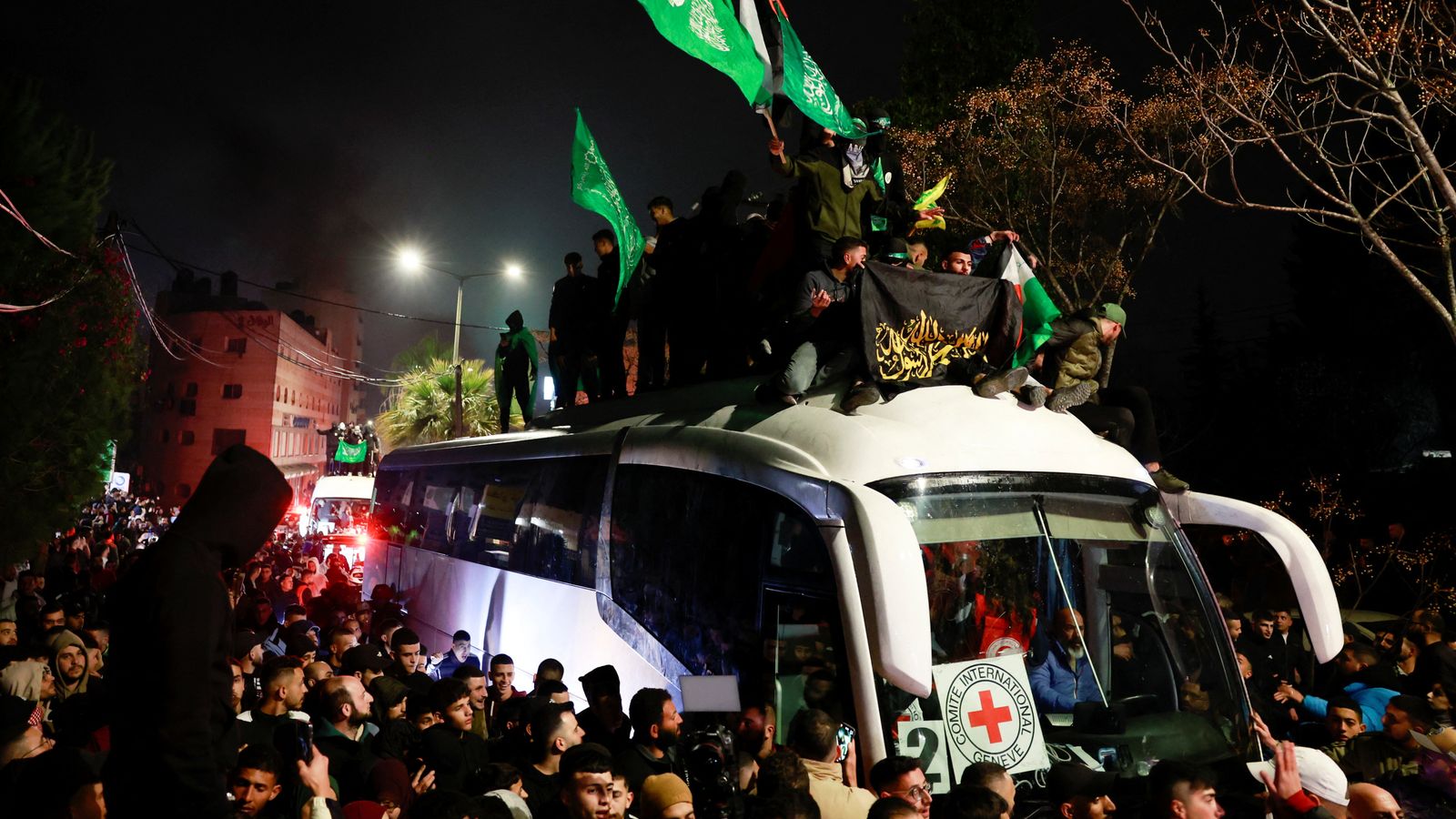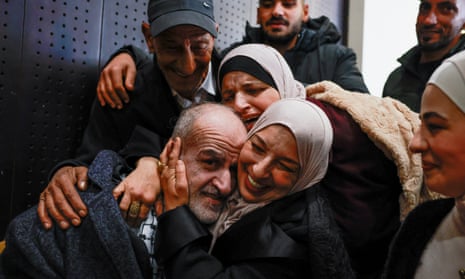Background & Context
The Israeli-Palestinian conflict has been a long-standing geopolitical struggle, with hostilities intensifying in recent months. The current situation escalated dramatically after a series of violent confrontations, leading to a substantial number of hostages being taken by Hamas and other militant groups within Gaza. As previously reported, the humanitarian crisis in the region has reached alarming levels, with thousands displaced and in dire need of assistance. Egypt has played a crucial mediating role in the negotiations, leveraging its historical ties with both Israel and the Palestinian territories. The recent announcement of a ceasefire and the conditions for hostage exchange reflect a concerted effort by international actors to stabilize the situation. The agreement is seen not only as a means to secure the release of hostages but also as a potential stepping stone toward a more sustainable peace process.Key Developments
According to the Egyptian source, the ceasefire will allow for the immediate exchange of Palestinian prisoners held by Israeli authorities for half of the Israeli hostages. Specific figures regarding the number of hostages and prisoners involved have not been disclosed, but the implications of such an exchange are profound. Israeli officials have expressed cautious optimism regarding the agreement, emphasizing its importance for the families of the hostages. “This is a critical step toward bringing our loved ones home,” stated an unnamed Israeli government spokesperson. Meanwhile, Palestinian representatives have welcomed the move, viewing it as a necessary acknowledgment of their plight and a pathway to further negotiations. The ceasefire is expected to last for a limited period, during which both sides will assess the arrangement’s viability and explore the possibility of extending the agreement. The humanitarian implications of this ceasefire cannot be overstated, as it allows for much-needed aid to flow into Gaza, where conditions have been deteriorating rapidly.\n\n
Image for Israel to Release Half of Hostages in Exchange for Palestinian Prisoners Amid Ceasefire
Broader Impact
The implications of this agreement extend beyond the immediate exchange of hostages and prisoners. Experts suggest that this development could serve as a catalyst for broader negotiations aimed at addressing the root causes of the conflict. Political analysts have noted that similar situations in the past have occasionally led to temporary truces, which, while fragile, open channels for dialogue. Historically, prisoner exchanges have been a contentious issue in Israeli-Palestinian relations. The release of prisoners often raises security concerns in Israel, while for Palestinians, it is seen as a matter of national dignity and justice. The current agreement could potentially reshape public sentiment on both sides, fostering a climate more conducive to peace talks. International observers are closely monitoring the situation, with many calling for sustained diplomatic efforts to build on this fragile goodwill. The United States, among other nations, has expressed support for the ceasefire and the exchange, urging both parties to remain committed to dialogue and de-escalation.What"s Next
As this situation unfolds, several key developments are anticipated. The immediate focus will be on the execution of the hostage exchange and the humanitarian aid delivery to Gaza. Stakeholders on both sides will be watching closely to see how the ceasefire holds and whether it can be extended. In the coming days, there may be further negotiations facilitated by Egypt and other international actors aimed at solidifying the ceasefire and addressing broader issues, such as long-term peace agreements and mutual recognition. The response from the public on both sides will also be critical in shaping the future of these negotiations. Moreover, the situation will likely influence regional dynamics, as neighboring countries observe the outcomes of this ceasefire. The international community remains hopeful that this moment can serve as a foundation for a more enduring peace in a region long plagued by conflict. As previously reported, similar situations have often led to renewed hostilities, making the next steps crucial for both Israeli and Palestinian stakeholders. With the world watching, the coming days will reveal whether this ceasefire can lead to a more stable and peaceful coexistence or if it will merely serve as a temporary respite in a continuing cycle of violence.
Image for Israel to Release Half of Hostages in Exchange for Palestinian Prisoners Amid Ceasefire


![[Video] Heavy clashes and gunfire reported in Baghdad, Iraq](/_next/image?url=%2Fapi%2Fimage%2Fthumbnails%2Fthumbnail-1768342239932-848qsh-thumbnail.jpg&w=3840&q=75)




![[Video] Gunfire between Iraqi security forces and Sadr militias in Baghdad](/_next/image?url=%2Fapi%2Fimage%2Fthumbnails%2Fthumbnail-1768343508874-4redb-thumbnail.jpg&w=3840&q=75)
